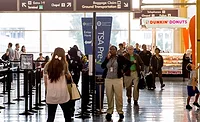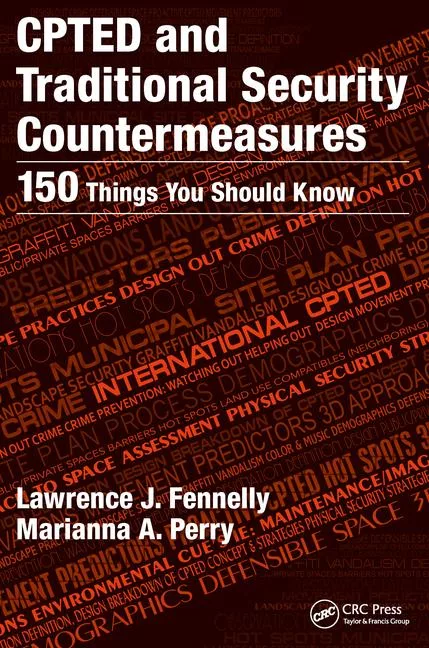Duke University Research Could Improve X-ray Screening at Airports
Two Duke University professors might be radically changing for the better how Americans get through airport security.
David Brady, a professor of photonics, and Stephen Mitroff, an associate professor of psychology and neuroscience, have been developing a new system that identifies the molecular structure of items passengers carry onboard.
“Now, rather than just saying something is metal or non-metal,” Brady said, “we have tungsten and lead, and we can identify, specifically, all of those different materials.”
The idea, he said, is to make machines sensitive to specific materials based on specific threats.
That means passengers who long for the days of carrying their own shampoo, toothpaste and mouthwash in containers of more than 3 ounces without creating a national incident may get their chance.
These new X-rays have implications in the medical field, Brady said. His new system emits rays that are more focused.
“The trade-off with medical screening is always a balance between how much cancer you cause with an X-ray screening versus how much you detect,” Brady said “And so by reducing dosage you make it easier to do X-ray screening.”
Brady hopes to see his X-ray technology in airports in 18 months to two years.
Looking for a reprint of this article?
From high-res PDFs to custom plaques, order your copy today!




